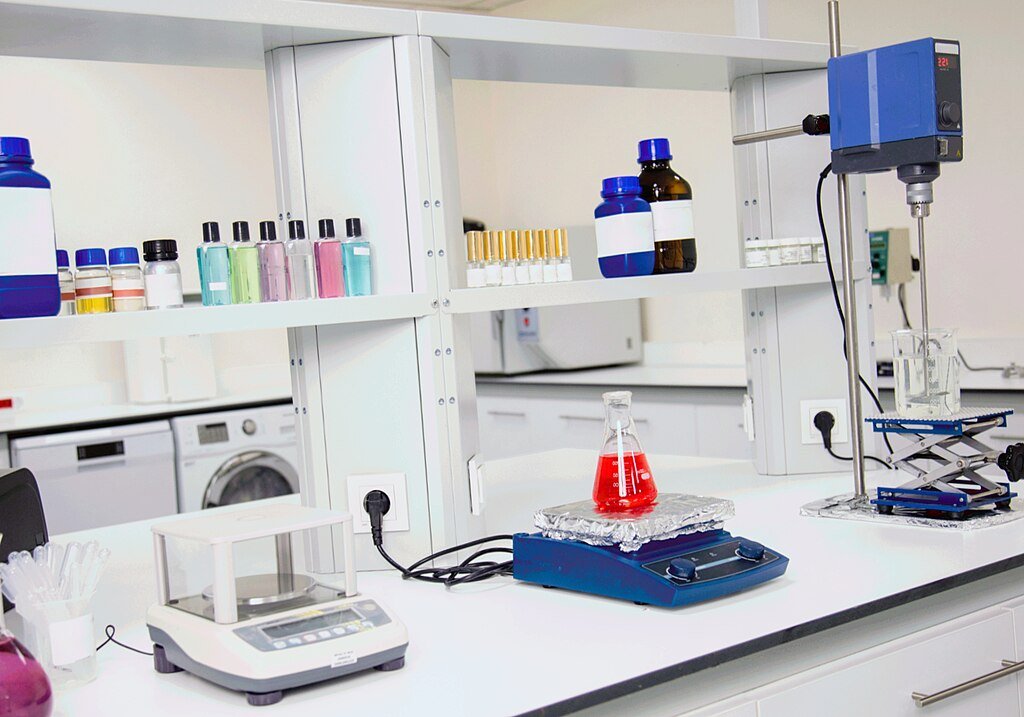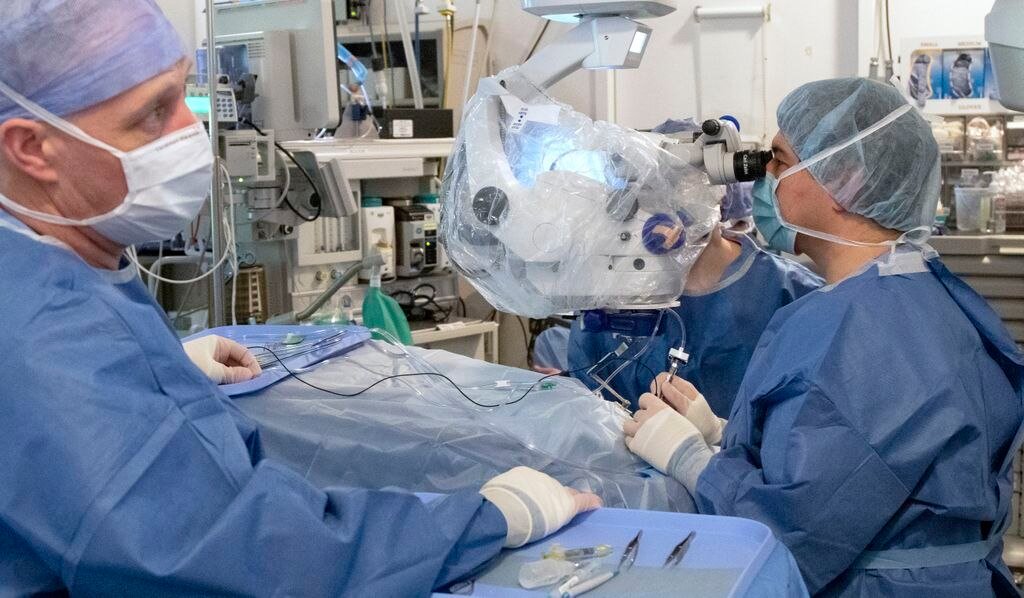In the rapidly evolving field of science and technology, genetic engineering stands out as one of the most transformative areas. This cutting-edge discipline is paving the way for advancements that were once confined to the realm of science fiction. From revolutionary healthcare treatments to agricultural innovations, genetic engineering is reshaping the world as we know it. This article delves into eight groundbreaking breakthroughs in genetic engineering that are having a profound impact on our everyday lives.
CRISPR and Gene Editing

CRISPR, an acronym for Clustered Regularly Interspaced Short Palindromic Repeats, has revolutionized the field of genetic engineering. This powerful tool allows scientists to precisely edit DNA, correcting genetic defects and potentially eliminating genetic diseases. By permitting targeted alterations to genetic sequences, CRISPR can lead to breakthroughs in therapies for conditions such as cystic fibrosis and muscular dystrophy. Its versatility and precision have made gene editing a potent weapon in the fight against hereditary disorders.
Genetically Modified Organisms (GMOs) for Agriculture

In agriculture, genetically modified organisms have become game-changers. By altering the genetic makeup of crops, scientists have created strains that are more resistant to pests, diseases, and extreme weather conditions. These enhancements have increased crop yields and reduced the need for chemical pesticides, promoting sustainable farming practices. GMOs have the potential to address food security challenges and provide stable access to nutritious food worldwide.
Gene Therapy for Rare Diseases

Gene therapy, a cornerstone of genetic engineering, is offering new hope for patients with rare genetic disorders. By introducing corrected genes into the body, it targets the root cause of such conditions rather than their symptoms. This approach holds promise for treating a variety of disorders, including severe combined immunodeficiency (commonly known as “bubble boy” disease) and certain types of inherited blindness. The ongoing development of gene therapies is opening new frontiers in personalized medicine.
Cloning and Synthetic Biology

Cloning, once a controversial topic, is now a valuable tool in research and conservation. Scientists have successfully cloned animals, such as endangered species, to help preserve genetic diversity. In parallel, synthetic biology is engineering organisms from scratch to produce novel biofuels, medicines, and materials. By combining cloning techniques with synthetic biology, researchers aim to address environmental challenges and create sustainable alternatives to natural resources.
Personalized Medicine and Genomics

The advent of personalized medicine is transforming healthcare by tailoring treatments to the genetic profiles of individuals. By understanding a patient’s genetic predispositions, doctors can craft personalized treatment plans aimed at maximizing efficacy and minimizing side effects. Genomics, the comprehensive study of genomes, facilitates this customized approach, enhancing our ability to predict responses to drugs and identify disease risks early on.
CRISPR-Based Diagnostics

Beyond its role in gene editing, CRISPR technology is being adapted for diagnostic purposes. CRISPR-based diagnostic tools offer rapid and accurate detection of pathogens, including viruses like COVID-19. These tools have the potential to revolutionize the field of diagnostics, providing quick, cost-effective, and widely accessible testing methods for a range of infectious diseases, ultimately strengthening public health responses.
Biofortification of Crops

Biofortification is an innovative approach that uses genetic engineering to enhance the nutritional value of crops. By increasing the content of essential vitamins and minerals in staple foods, biofortification seeks to combat malnutrition globally. Crops like rice and maize are being engineered to contain higher levels of iron and vitamin A, addressing significant nutritional deficiencies in developing regions and improving public health outcomes.
The Ethical Landscape of Genetic Engineering

With all its potential, genetic engineering also raises important ethical questions. Concerns about the long-term effects of genetic modifications, potential misuse, and ethical considerations around cloning and “designer babies” must be addressed. Transparent governance, public engagement, and ethical frameworks are crucial to ensure that genetic engineering advances serve the best interests of humanity and the environment.
In conclusion, genetic engineering is an extraordinary field that holds immense promise for the future. From medical breakthroughs and sustainable agriculture to revolutionary diagnostic tools, these eight breakthroughs are at the forefront of technological innovation. As we continue to explore the possibilities of genetic engineering, it is crucial to balance progress with ethical considerations, ensuring that these advancements benefit society as a whole.




